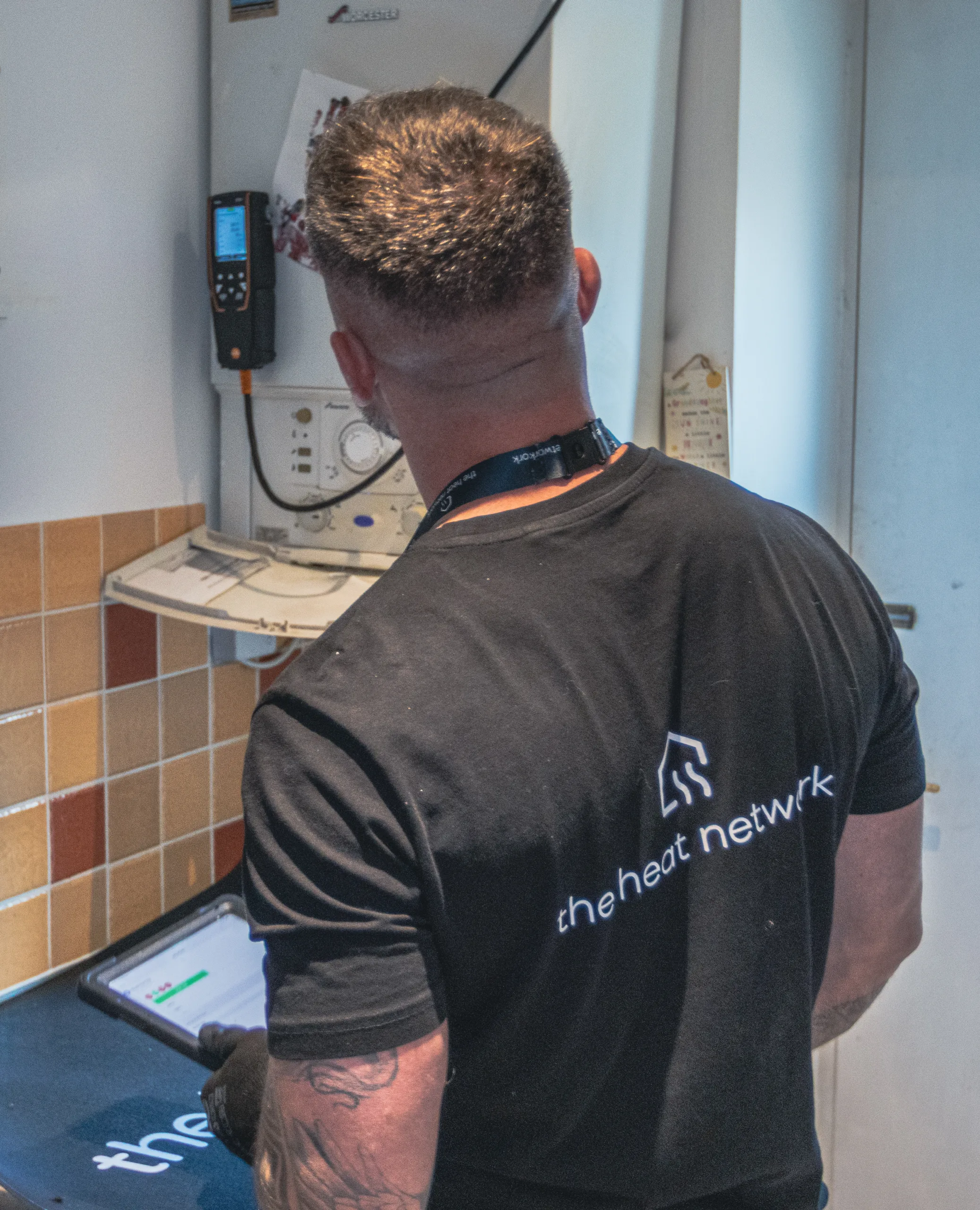Why Is My Boiler Noisy?
A friendly guide for Fife & Lothians homeowners dealing with boiler noises
Good News for Fife Homeowners!
Living in Dunfermline and across Fife gives you a big advantage. Our naturally soft water means you're far less likely to experience "kettling" (limescale buildup) compared to other parts of the UK. If your boiler is rumbling, it's likely a simpler fix like pressure or circulation.
The 6 Main Types of Boiler Noises
What each sound means and whether you should be concerned
Kettling (Rumbling)
Sounds like: A boiling kettle. Cause: Trapped air or pressure issues. Rare to be limescale in Fife.
Gurgling & Bubbling
Sounds like: Water running. Cause: Air trapped in the system. Easily fixed by bleeding radiators.
Banging (Serious)
Sounds like: Hammering pipes. Warning: Could be delayed ignition or water hammer. Call an engineer.
Whistling
Sounds like: A kettle whistle. Cause: Usually pressure running too high or a blockage.
Humming
Sounds like: Low drone. Cause: Pump vibration or electrical component wear.
Clicking
Sounds like: Ticking clock. Normal: During ignition. Bad: If constant/irregular.
What You Can Safely Check Yourself

Safe DIY Tasks:
You don't always need an engineer immediately. Try these first:
- Bleed Radiators: If you hear gurgling, release the trapped air.
- Check Pressure: Should be 1.0 - 1.5 bar when cold.
- Reset Boiler: Press the reset button for 5 seconds.
- Thaw Pipes: In freezing weather, check your white condensate pipe outside.
Remember: Never remove the boiler casing. That is illegal unless you are Gas Safe registered.
Bleed Radiators
Check Pressure
Visual Check
Thaw Pipes
⚠️ When to Call a Gas Safe Engineer Immediately
- You smell gas (Call 0800 111 999 immediately)
- Loud banging or explosive ignition noises
- Visible yellow flames (should be blue)
- Sooty stains around the boiler
- Boiler keeps locking out after reset
Concerned About Boiler Noises?
Don't risk it. Our local engineers can diagnose and fix it quickly.